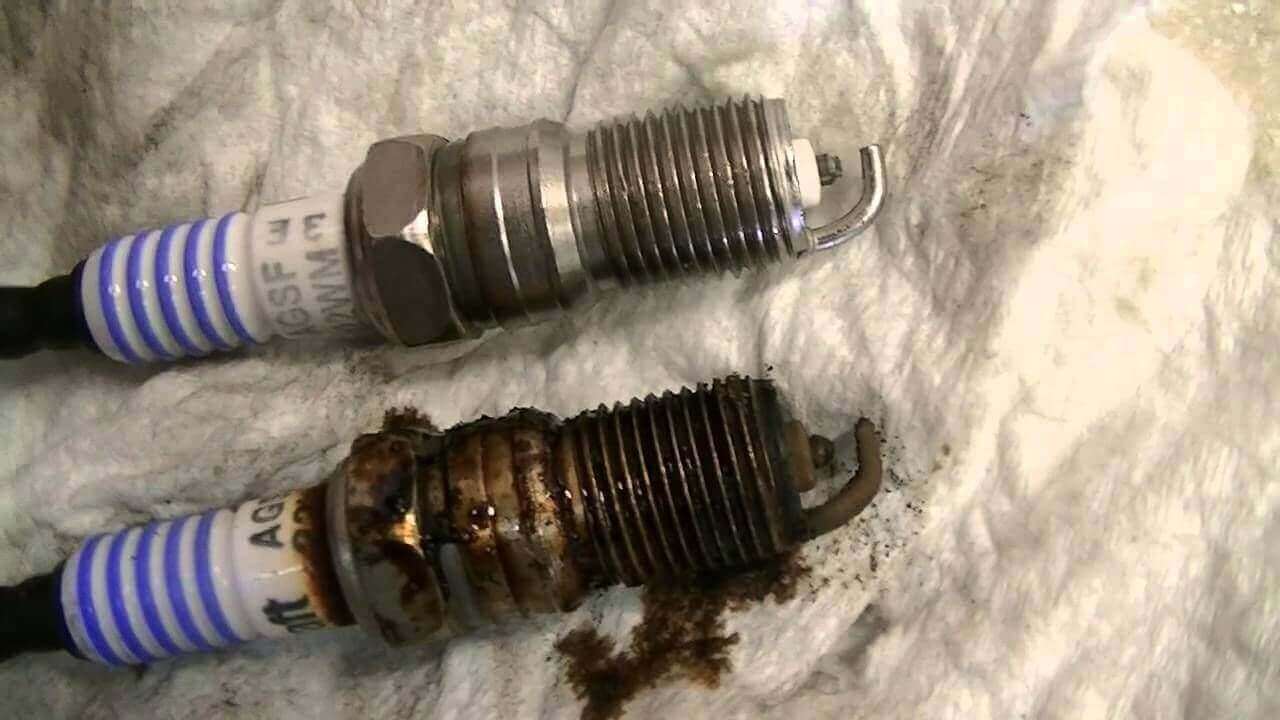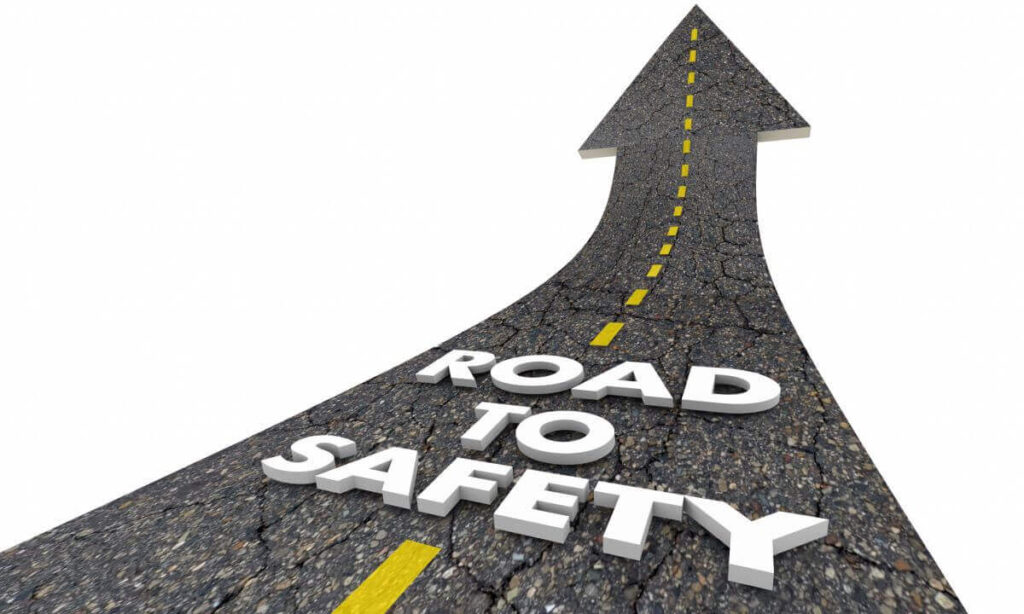The work of spark plugs is to ignite the air fuel mixture in the cylinders of the engine which in turn drives your car. When was the last time you thought of these unsung heroes?
Read: 10 Tell-Tale Signs Of Failing Shock Absorbers
Failing spark plugs affects how your engine runs and can cause serious damage to it. Ignition is inefficient, intermittent or downright absent making combustion in the chamber to fail. These are the most common signs to look out for that could indicate the spark plugs are due for a change.
- Hard starts: If you have trouble starting your car, and its not because of a dead battery or empty fuel tank, spark plugs are to blame. They are not producing the spark needed to start the combustion process.
- Rough idling: If your engine sounds rough, uneven and jittery, the spark plugs are failing. There may also be vibrations on the car emanating from the engine.
- Engine misfires: Failing combustion in the chamber causes the engine to misfire. It will cut out every other time and your car moves forward in a jerky motion.
- Reduced fuel economy: With bad spark plugs, not all fuel will be ignited. Some will go to waste resulting in you filling up more frequently than normal.
- Sluggish acceleration: The energy produced in the chamber to drive your car forward will be reduced. You will find yourself having a hard time accelerating the car.
- Check engine light: In some modern cars, bad spark plugs will trigger a check engine light on the dashboard.
Examining the spark plugs should be part of your routine car maintenance. Refer to your car’s manual on the recommended spark plug replacement interval.
Here is how to read spark plugs and tell the difference between a good one and a bad one.





